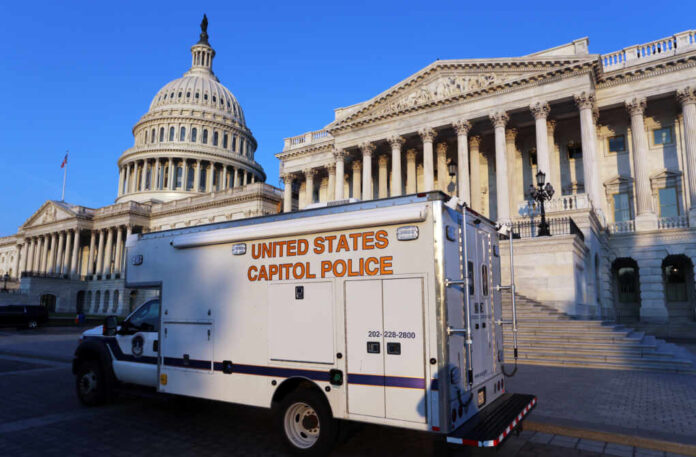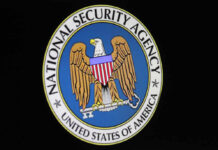
On Wednesday, a series of bomb threats prompted evacuations and thorough searches across at least five state capitol buildings around the country. Law enforcement agencies found no explosives at any of the threat sites and described the event as a coordinated hoax. These latest terroristic threats come amid a growing trend of false alarms targeting public officials, sometimes described as “swatting.”
The FBI acknowledged it was aware of “numerous hoax incidents” at state government facilities throughout the day but reassured the public of the absence of any “specific and credible threat.” The agency emphasized its commitment to working with local, state, and federal partners in response to such threats.
Bomb threats at five state capitols trigger evacuations, no explosives found | Just The News https://t.co/8MmRXgY0GG
— John Solomon (@jsolomonReports) January 3, 2024
State officials confirmed the receipt of threats in Montana, Georgia, Mississippi, Michigan, and Kentucky. Mississippi Gov. Tate Reeves (R) expressed relief and gratitude toward the Capitol Police and law enforcement officers for their prompt response. “Thankfully, the situation is clear,” Gov. Reeves posted on X, formerly known as Twitter.
Today a bomb threat was made against our Mississippi Capitol building. Thankfully, the situation is clear.
I’m incredibly thankful to the Capitol Police and all the Mississippi law enforcement officers who immediately responded to the incident.
— Governor Tate Reeves (@tatereeves) January 3, 2024
In Kentucky, the situation was similar. While affirming the safety of all, Gov. Andy Beshear (D) mentioned that the Kentucky State Police had evacuated the state Capitol following a threat. This incident also led to a temporary interruption of candidate filings, as stated by Michon Lindstrom, a spokesperson for the Secretary of State’s office.
These hoaxes not only disrupted state operations but also instilled a sense of uncertainty and fear. Megan Grotzke, a spokesperson for the Montana Department of Administration, reported that their capitol building was reopened after a two-hour lockdown and a thorough sweep.
The bomb threats are not isolated incidents. Recently, several “swatting” calls, which are hoax calls designed to elicit a large police response, have targeted public figures such as Republican U.S. Rep. Marjorie Taylor Greene of Georgia and Maine Secretary of State Shenna Bellows. These pranks not only waste valuable law enforcement resources but also pose significant risks to public safety.
Public response to these threats has been mixed. Some view them as a disturbing reflection of the current political climate, where discord and tension are increasingly normalized. Others, including officials like Gabriel Sterling from Georgia’s Secretary of State’s office, urge caution against jumping to conclusions about the perpetrators’ identities and motives. “There will be chaos agents sowing discord for 2024. They want to increase tensions. Don’t let them,” Sterling advised on social media.
Law enforcement’s swift and comprehensive reaction to these threats showcases the readiness and efficiency of our security agencies. However, the ease with which such hoaxes can disrupt government operations raises concerns about potential vulnerabilities in our public safety systems.
As the nation navigates through these challenging times, the importance of remaining vigilant and reporting suspicious activities cannot be overstated. The FBI’s call for public vigilance is a reminder of our collective responsibility to maintain security and order.





























